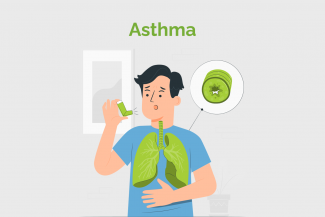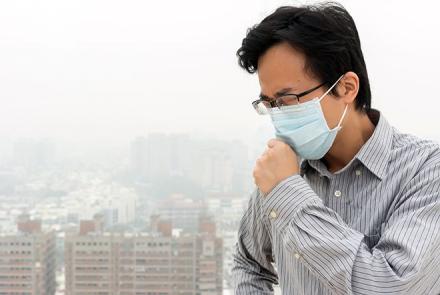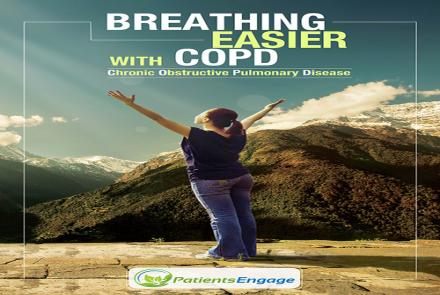Around 200 to 250 million people are affected worldwide and nearly 250,000 people die per year from asthma. In Asia the rate of asthma is lower when compared to the United States. Asthma is more common in developed countries than developing countries.
Asthma affects people of all ages, but it most often starts during childhood. Young children who often wheeze and have respiratory infections are at highest risk of developing asthma that continues beyond 6 years of age.

Types of asthma
- Allergic asthma: Allergies can make asthma symptoms worse. So it is best to avoid the things you are allergic to.
- Asthma without allergies: Sometimes asthma can be triggered without allergens. For instance, an upper respiratory infection, such as cold and flu, can set off the asthma.
- Exercise induced asthma: Some otherwise healthy people can develop asthma symptoms only when exercising. Any type of physical exertion or sports leads to coughing, difficulty breathing and chest tightness that improves when they stop the exertion. The more inflamed the airways are, the less exercise it takes to cause symptoms.
- Occupational asthma: This is caused by inhaling fumes, gases, dust or other potentially harmful substances at the workplace. This type of asthma is not related to an allergy; the irritant is inhaled and triggers an attack.
- Cough variant (Nocturnal asthma): This is characterised by a dry, hacking cough. It can occur while awake or asleep and affects both adults and children. This is not related at an allergy.
- Steroid resistant asthma: This is a type of asthma that occurs in patients who are resistant to steroids. Steroids are one of the drugs given during asthma.
- Aspirin Exacerbated Respiratory Disease (AERD): This asthma is triggered by aspirin. Patients may have nasal polyps, rhinitis, sneezing and a runny nose, and a history of aspirin sensitivity. Whenever such a person takes aspirin, they develop sneezing and a stuffy nose, which leads to wheezing and difficulty breathing.
Complications of Asthma
The complications of asthma go from moderate to severe, and may include:
- Inability to participate in physical activity: Being unable to exercise is bad for the health and increases weight gain, leading to other problems.
- Lack of sleep: This leads to constant tiredness and inability to perform during the day.
- Airway remodelling: Chronic inflammation of the airways due to asthma can bring about permanent structural changes in the airways, known as airway remodelling. Unfortunately, these changes can result in permanently reduced lung function and a chronic cough. Possible permanent changes in airways include airway wall thickening, increased mucous glands and mucus production, and increased blood supply in the airways
- Persistent cough
- Trouble breathing that requires breathing assistance (ventilator)
- Threat to life: A severe asthma attack constricts your airway, which, if not treated immediately, can lead to respiratory failure and death.
Changed
17/Jun/2025
Community
Condition

















